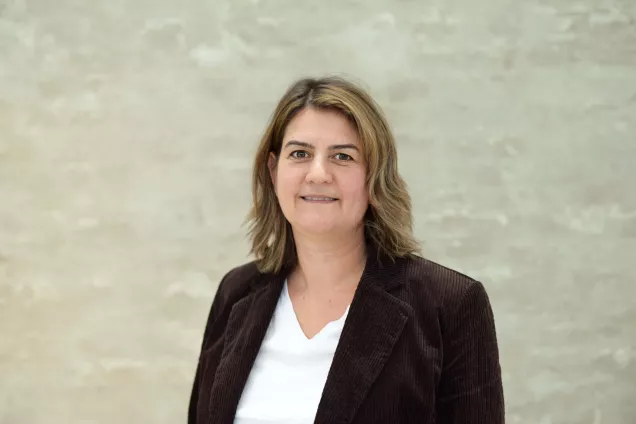Professor Emily Boyd at Lund University Centre for Sustainability Studies is interviewed about her expectations on this year's climate conference - especially in light of last year's landmark decision to establish a loss and damage fund.
She highlights that there is still much that needs to be decided.
– How should loss and damage be defined? And how do you measure it? We are in a phase where a lot of technical things have to be solved and tools need to be developed, in connection with money coming on the table. And how much money will it be? We don't know that either. The countries that promised resources are themselves cutting their budgets right now, she says.
–Last year, everyone was euphoric because the promises about resources became something concrete. But now when you look at how little there is in relation to the climate impacts we see, policy makers need to take loss and damage more seriously, and climate adaptation as well.
She mentions hurricanes Helen and Milton, and storm Babette in Sweden, as clear examples of the connection between climate change and losses.
– Babette in October last year caused great damage and cost a great deal to Scanian municipalities. But I am still cautiously optimistic, on a local level. In Sweden, progress is now being made with climate adaptation and many municipalities are working very hard on this. Now we must also ensure that we support the Global South with their climate adaptation.
Read the full article about COP29 at lu.se - in which four researchers from Lund University share their expectations on COP29
Professor Emily Boyd's expectations on COP29

COP29, the United Nations Climate Change Conference, has just started in Baku, Azerbaijan. Running from 11th to 22nd November, a key priority for this year's climate conference is to secure a new goal on climate finance, ensuring every country has the means to take much stronger climate action, slashing greenhouse gas emissions and building resilient communities.

Emily Boyd
Emily Boyd is Professor in Sustainability Science at Lund University Centre for Sustainaibility Studies. She is a leading social scientist with a background in international development, environment and climate change, with focus on the interdisciplinary nexus of poverty, livelihoods and resilience in relation to global environmental change. Emily Boyd is currently leading work on undesirable resilience, politics of loss and damage and intersectionality in societal transitions, including on transformations under climate change.
Emily Boyd is an author for the IPCC, IPBES, and UKCCRA and a Earth System Governance Senior Fellow.